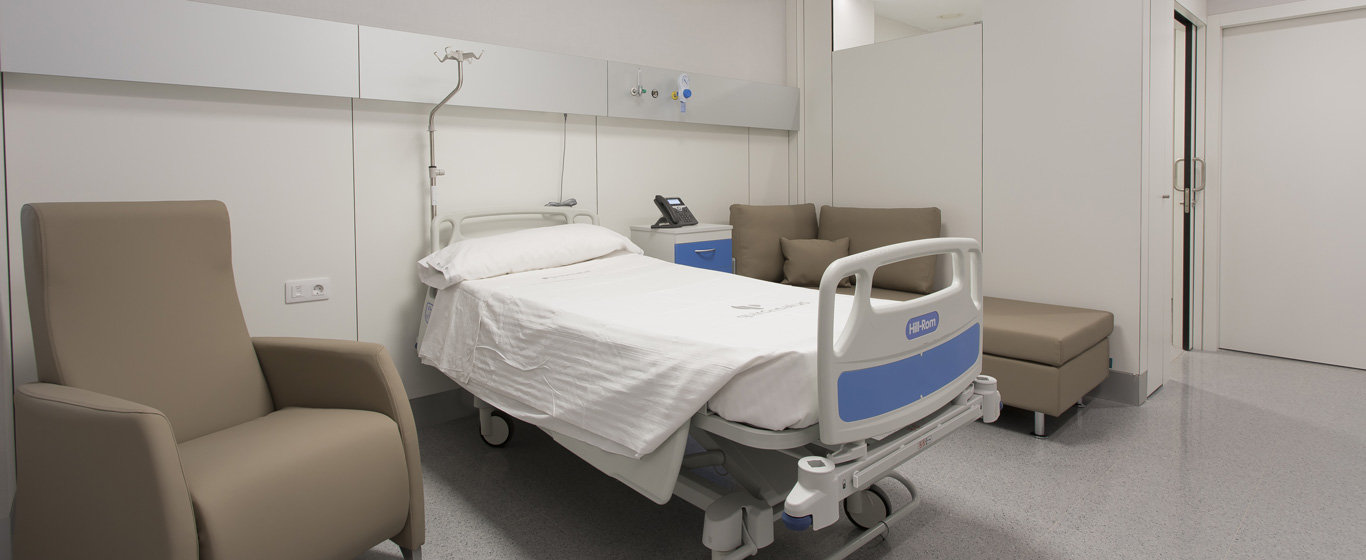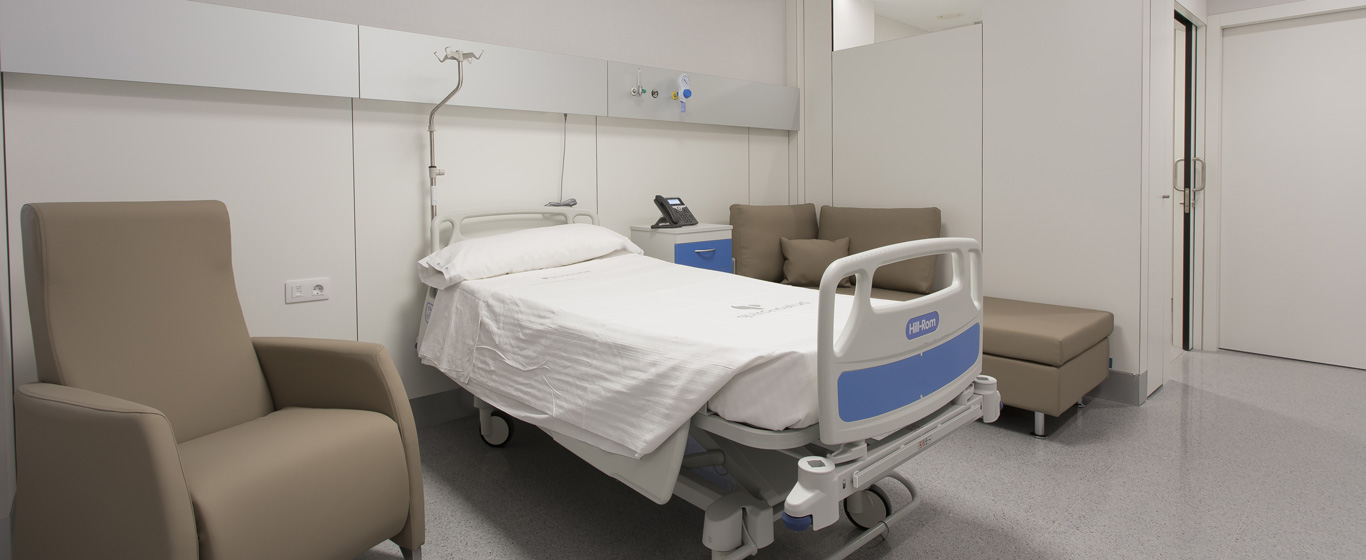Rhinitis
What is rhinitis? Information about its causes, symptoms, diagnostic methods, and treatments.
Symptoms and Causes
Rhinitis is the inflammation of the nasal mucosa, whose vasomotor reaction causes sneezing, itching, and rhinorrhea. When symptoms are mild, patients can lead a normal life, whereas in more severe cases, quality of life is negatively affected due to constant discomfort.
Based on the progression of the disease, there are two types of rhinitis:
- Acute rhinitis: resolves in less than six months.
- Chronic rhinitis: symptoms persist for more than six months.
Generally, symptoms subside on their own, although in some cases, a personalized treatment is necessary to reduce them so that patients can return to their usual lifestyle.
Symptoms
The main symptoms of rhinitis, common to all types, are:
- Nasal obstruction
- Nasal itching
- Rhinorrhea (nasal discharge)
- Sneezing
- Fatigue
Additionally, some patients report headaches, cough, anosmia or hyposmia (loss of smell), throat itching, watery eyes, or conjunctivitis.
Causes
There are different types of rhinitis depending on their etiology, including:
- Allergic rhinitis: Caused by an immune system reaction to inhaling a substance (pollen, dust mites, fungi, or animal dander) that usually does not bother other people.
- Seasonal allergic rhinitis or hay fever: Caused by pollen and occurs during specific months of the year.
- Perennial allergic rhinitis: Triggered by dust, mites, occupational allergens, or animal dander, leading to continuous symptoms.
- Vasomotor or non-allergic rhinitis: Caused by excessive dilation of the blood vessels in the nasal mucosa due to an autonomic nervous system disorder.
- Dry rhinitis: Despite inflammation and itching, there is no nasal discharge. It may be caused by a virus, certain medications, exposure to irritants, or nasal surgery.
- Atrophic rhinitis: Occurs when the epithelium becomes thinner and atrophies, along with the nasal mucosal glands. As a result, the internal nasal space increases, leading to dryness.
- Eosinophilic rhinitis or NARES syndrome: Symptoms persist year-round, and eosinophils (a type of white blood cell) are detected in nasal secretions. The exact cause is currently unknown.
- Emotional rhinitis: Triggered by psychological factors, primarily stress and sexual stimulation.
- Infectious rhinitis: May be caused by a viral, bacterial, or fungal infection.
- Drug-induced rhinitis: A consequence of excessive and prolonged use of vasoconstrictor medications, such as nasal decongestants.
- Hormonal rhinitis: Certain hormonal disorders, such as hypothyroidism, hyperthyroidism, puberty, or pregnancy, can cause nasal mucosa inflammation.
Risk Factors
Certain factors increase the risk of developing rhinitis, including:
- Allergies
- Asthma
- Atopic dermatitis
- Respiratory infections
- Hormonal changes (puberty, pregnancy, menopause)
- Nasal surgeries
- Exposure to tobacco smoke during the first year of life
- Family history of asthma or allergies
Complications
Rhinitis can lead to sinusitis, asthma, or ear infections, as well as interfere with restful sleep and reduce quality of life.
Prevention
There is no way to completely prevent rhinitis, although in cases caused by allergens, the likelihood of experiencing symptoms decreases if direct contact with the triggering agent is avoided.
Which doctor treats rhinitis?
Otolaryngologists are the specialists responsible for diagnosing and planning the treatment of rhinitis. In cases involving allergens, allergologists are also the appropriate specialists to manage the disease.
Diagnosis
Several methods exist to diagnose rhinitis. In addition to evaluating symptoms and reviewing the patient's family and medical history, the most commonly used procedures include:
- Skin test: Used to detect allergic rhinitis. A small amount of an allergen is applied to the skin, and the reaction is assessed after a set period.
- Blood test: Measures the level of antibodies (specific immunoglobulin E) present in the serum.
- Physical examination: Observation of the nasal passages.
- Nasopharyngeal culture: Examines microorganisms present in the mucosa to determine if an infection is present.
- Nasal endoscopy: Evaluates the condition of the nasal mucosa.
Treatment
Rhinitis treatment varies depending on the type of disease and the specific characteristics of each patient. Some of the most effective approaches include:
- Allergic rhinitis:
- Avoiding contact with allergens as much as possible.
- Medications to reduce symptoms: corticosteroids, antihistamines, or decongestants.
- Vaccines or immunotherapy to modify the immune system response.
- Non-allergic rhinitis: Treating the underlying cause.
- Drug-induced rhinitis: Discontinuing the medications that cause it.
- Atrophic rhinitis: Nasal cleansing with saline or oil-based solutions to maintain moisture and prevent infections.
- Surgery: Recommended in cases where obstruction is due to physiological alterations, such as a deviated nasal septum or the presence of polyps.
- Medications to relieve symptoms.









































































































